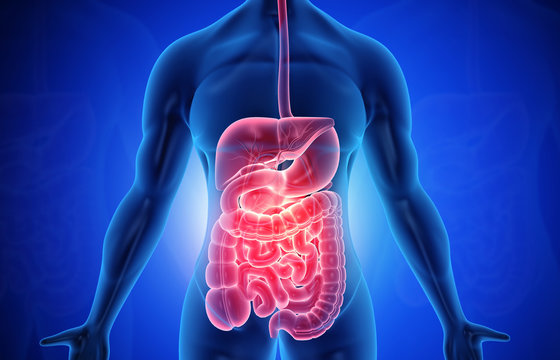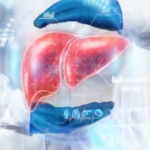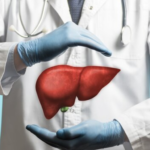
Gastrointestinal diseases are a group of conditions that affect the gastrointestinal tract, which includes the stomach, small intestine, large intestine, and rectum. These conditions can be caused by a variety of factors, including viruses, bacteria, parasites, and other infections.
Some of the more common gastrointestinal diseases include irritable bowel syndrome (IBS), Crohn’s disease, and ulcerative colitis. IBS is a condition that affects the large intestine and is characterized by abdominal pain, cramping, bloating, gas, and diarrhea. Crohn’s disease is a chronic inflammatory condition that can affect any part of the gastrointestinal tract, from the mouth to the anus. Ulcerative colitis is another chronic inflammatory condition that affects the large intestine and rectum.
There are many other less common gastrointestinal diseases that can affect people of all ages. Some of these diseases include celiac disease, diverticulitis, and gastroenteritis. Celiac disease is an autoimmune disorder that affects the small intestine and is triggered by the consumption of gluten. Diverticulitis is a condition that affects the large intestine and is characterized by the formation of small pockets or sacs in the lining of the intestine.
Gastroenteritis is an inflammation of the stomach and intestines that is usually caused by a virus or bacteria. Gastrointestinal diseases can range from mild to severe, and can often be debilitating. If you think you may have a gastrointestinal disease, it is important to see a doctor so that you can get the proper diagnosis and treatment.
Can gastrointestinal diseases be prevented?
There are a number of gastrointestinal diseases that can be prevented through lifestyle changes and regular screenings. Some of the more common diseases include colorectal cancer, gastric cancer, and Barrett’s esophagus.
Colorectal cancer is the third most common cancer in the United States. It is estimated that one in 20 people will develop the disease in their lifetime. The good news is that colorectal cancer is one of the most preventable cancers. Regular screenings, starting at age 50, can help catch the cancer early, when it is most treatable. Screenings can include a colonoscopy, during which a doctor inserts a long, flexible tube with a camera into the rectum and colon to look for polyps or abnormal growths. Polyps can be removed during a colonoscopy, which can help prevent the development of colorectal cancer.
Gastric cancer, or cancer of the stomach, is the fifth most common cancer worldwide. The American Cancer Society estimates that about 26,000 people in the United States will be diagnosed with gastric cancer this year. While the exact cause of gastric cancer is not known, there are a number of risk factors that have been linked to the disease, including Helicobacter pylori (H. pylori) infection, smoking, and a diet high in processed meats. H. pylori is a bacteria that infects the stomach and can lead to ulcers. It is estimated that about two-thirds of the world’s population is infected with H. pylori. While most people never develop symptoms, the infection can increase the risk of gastric cancer.
Barrett’s esophagus is a condition in which the lining of the esophagus, the tube that carries food from the mouth to the stomach, changes. This change is usually in response to damage from acid reflux. Acid reflux occurs when stomach acid backs up into the esophagus. Over time, the repeated exposure to stomach acid can damage the esophageal lining, leading to Barrett’s esophagus. Barrett’s esophagus increases the risk of esophageal cancer.
There are a number of lifestyle changes that can help reduce the risk of gastrointestinal diseases. These include eating a healthy diet, maintaining a healthy weight, exercising regularly, and not smoking. Eating a diet that is high in fruits, vegetables, and whole grains and low in processed meats can help reduce the risk of gastric cancer. Maintaining a healthy weight can help reduce the risk of colorectal cancer. Exercise has been shown to reduce the risk of both colorectal cancer and gastric cancer. And, of course, not smoking can help reduce the risk of all types of cancer.
While there is no guaranteed way to prevent gastrointestinal diseases, making healthy lifestyle choices can help reduce the risk. Regular screenings, starting at age 50, can also help catch these diseases early, when they are most treatable.
Contact the Center for Digestive Health if you have any more inquiries.
Do you need further details or do you have any inquiries about Gastrointestinal Diseases? Don’t hesitate to ask a member of our staff for assistance. Our group of GI experts is qualified and experienced to respond to any queries you may have. Additionally, they can assist you in locating the best therapies for your ailments as well as typical GI problems.




